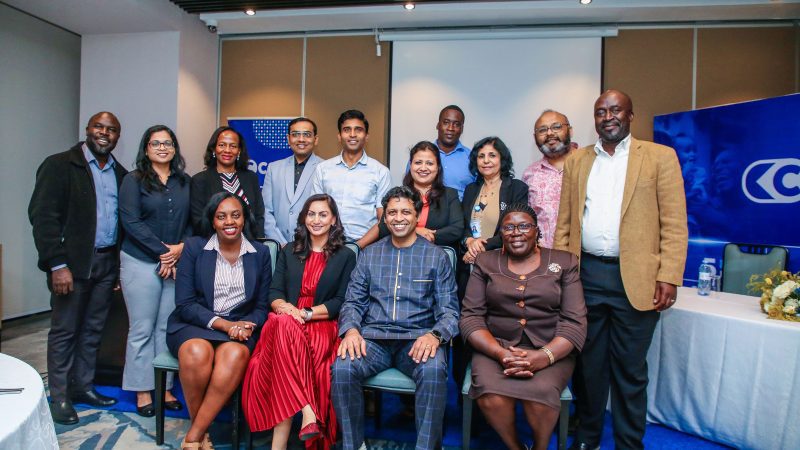From the advent of time, businesses have leaned into communities not only for growth but also for dependence. The dependence on people for sales, for staffing and even for manufacturing. Without community, businesses would cease to exist as they so seem. However, the major question is the role of businesses and the communities they operate in beyond employment and the provision of goods and services. Key to this is to consider the need for businesses to give back to and ensure that the communities they operate in thrive and are operating efficiently hence the term CSR or corporate social responsibility.
The birth of CSR as we came to know it began in the 18th Century wealthy businessman and philanthropist Andrew Carnegie, fronted the Gospel of Wealth, urging the rich to support social causes, by lifting up and protecting those less fortunate, according to an article titled Wealth in the North American Review No. CCCXCI, June 1889
In the 1880s, CSR was mainly looked at as the rich individually giving back to the communities they lived in. The billionaires of the time like D. Rockefeller and Frederick Goff are well remembered in American history as philanthropists that dished out millions to better the communities around them.
CSR has since come a long way in connecting both global and home-grown bands and the communities they operate in. Global companies have invested heavily to influence social issues and cause positive impact through CSR.
For example, Lego invested $400million over the last 3 years, to phase out their single use of plastic packaging for their bricks, in an environmental sustainability drive.
With the ever-changing global needs, companies and brands are now addressing different community needs, ranging from environmental, to social, to cultural and economic.
When a company gets out of its comfort zone to help at the grassroots level, people stop looking at it as only a business, but rather a group of people who care about their well-being and are humane enough to extend a helping hand. Identifying with your communities is a sure way to win people’s love, trust, and this undoubtedly comes with loyalty and client retention.
Today, CSR is also a great Human Resource attraction tool for brands. For instance, for millennials, seeing is believing. They love to be associated with brands that advocate for positive change by paying attention to the issues that affect us and our communities. The morale boosting and comradery that comes with the planning sessions that go into organizing the CSR activities is an added bonus.
At Roke Telkom, we believe that CSR is one of the best ways of building important brand connections for our staff, community and customers. We continuously identify communities that are in dire need of assistance and where possible, extend as much help as possible.
This year, we reached out to over 800 children and adults at Bless A Child Foundation in Mbarara City, Gulu Primary School (Blind section) in Gulu City and Kosovo slum in Kampala City.
Ultimately, as alluded to by Chris B Murphy in his article; Why Social Responsibility Matters to Businesses, it is important to note that CSR is essential to the bottom line, and the more brands invest and align their work with the community needs and creating positive impact the more assured they will be of increased brand visibility, client base and client loyalty and retention. The only way you, as a brand, can be sure of receiving is by giving.
Timothy Mugenyi is the Head of Human Capital and Special Projects at Roke Telkom










